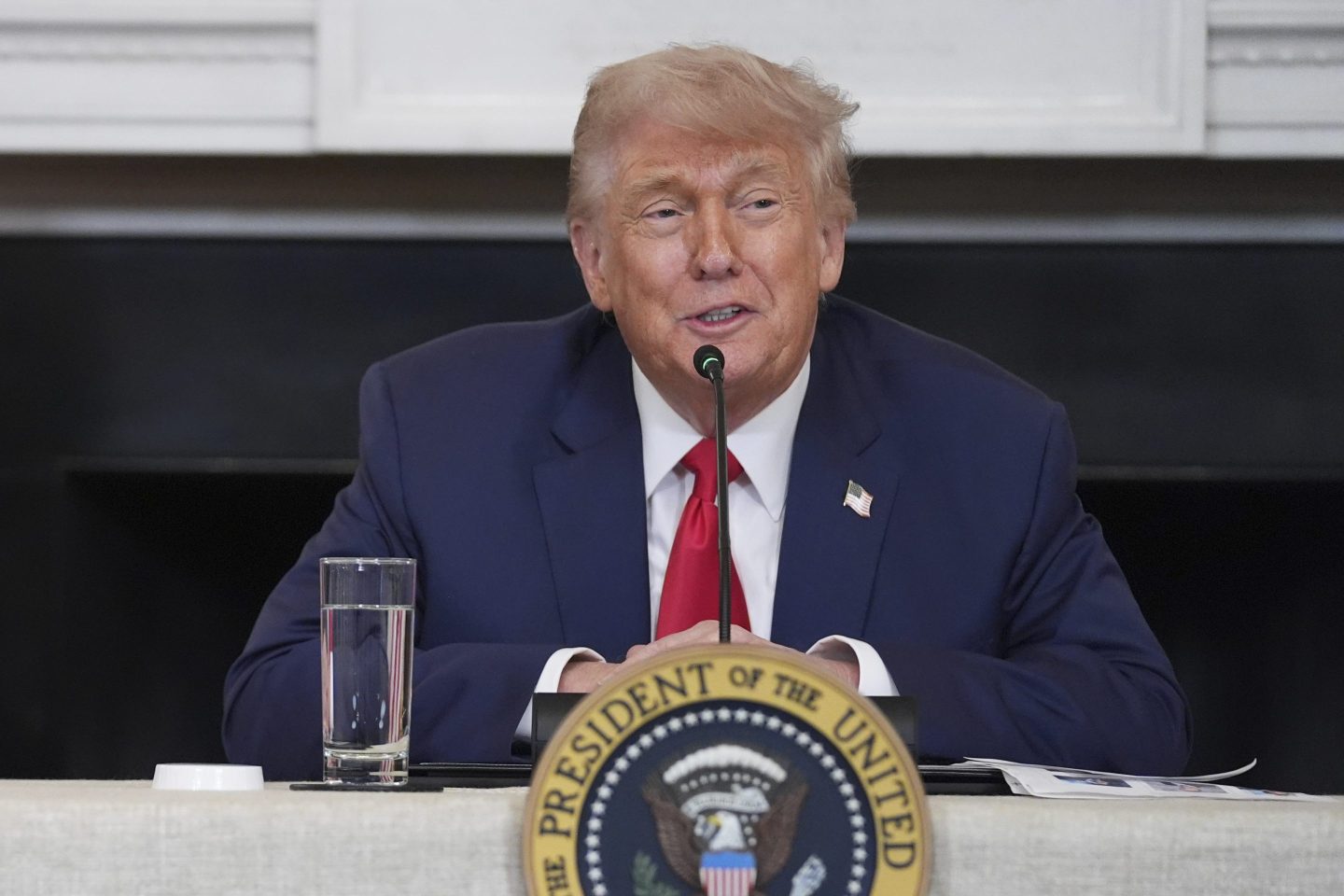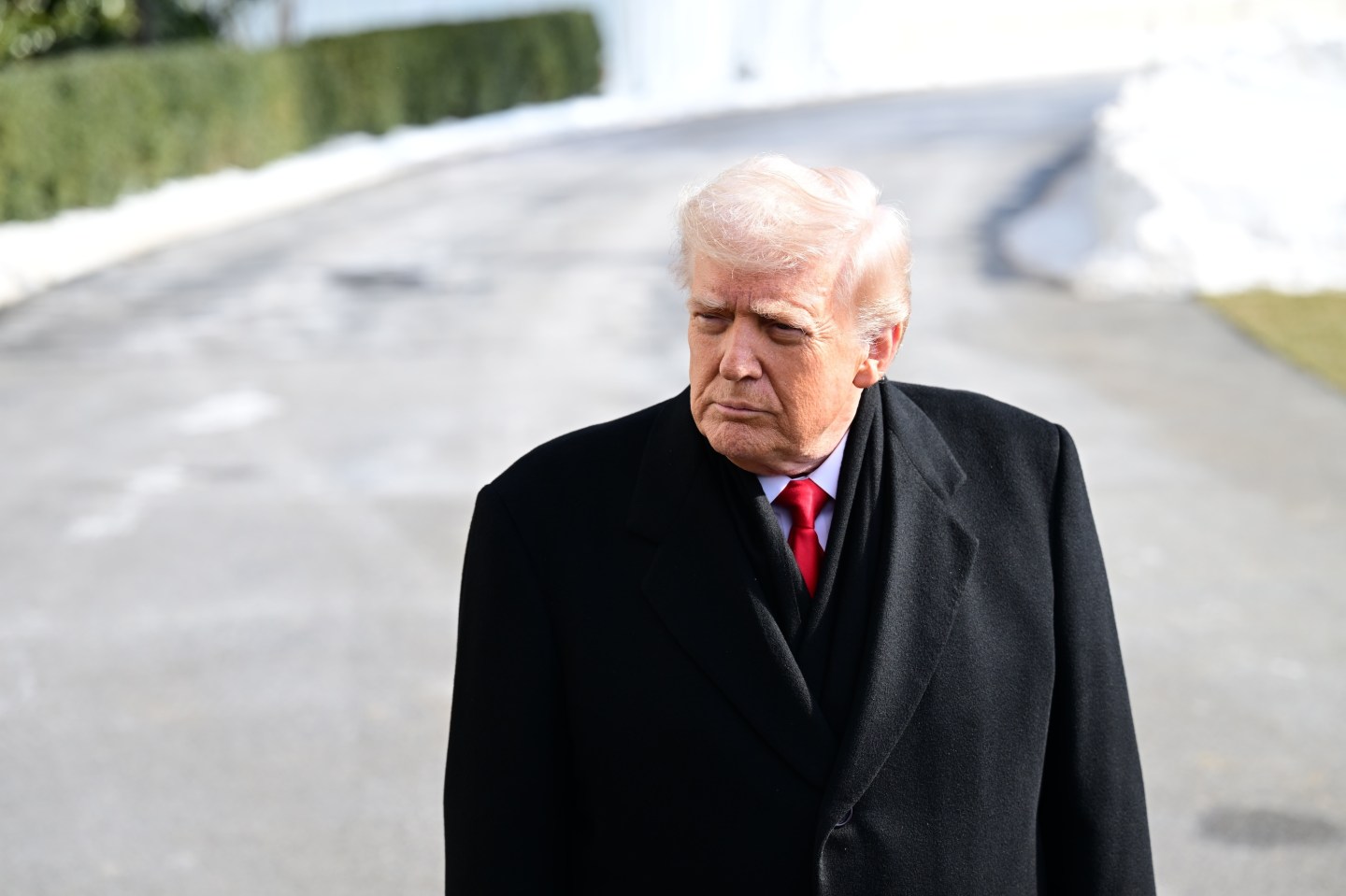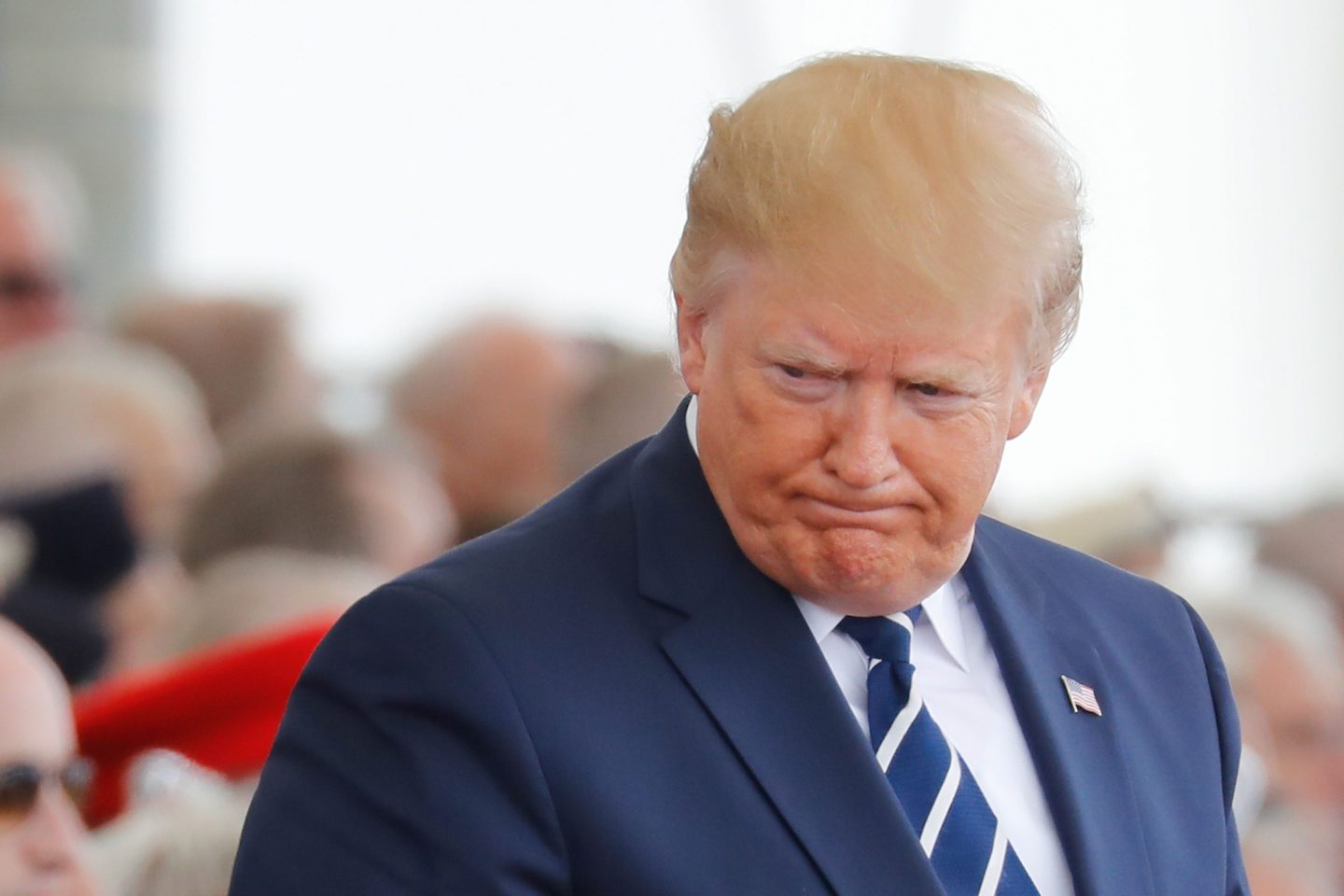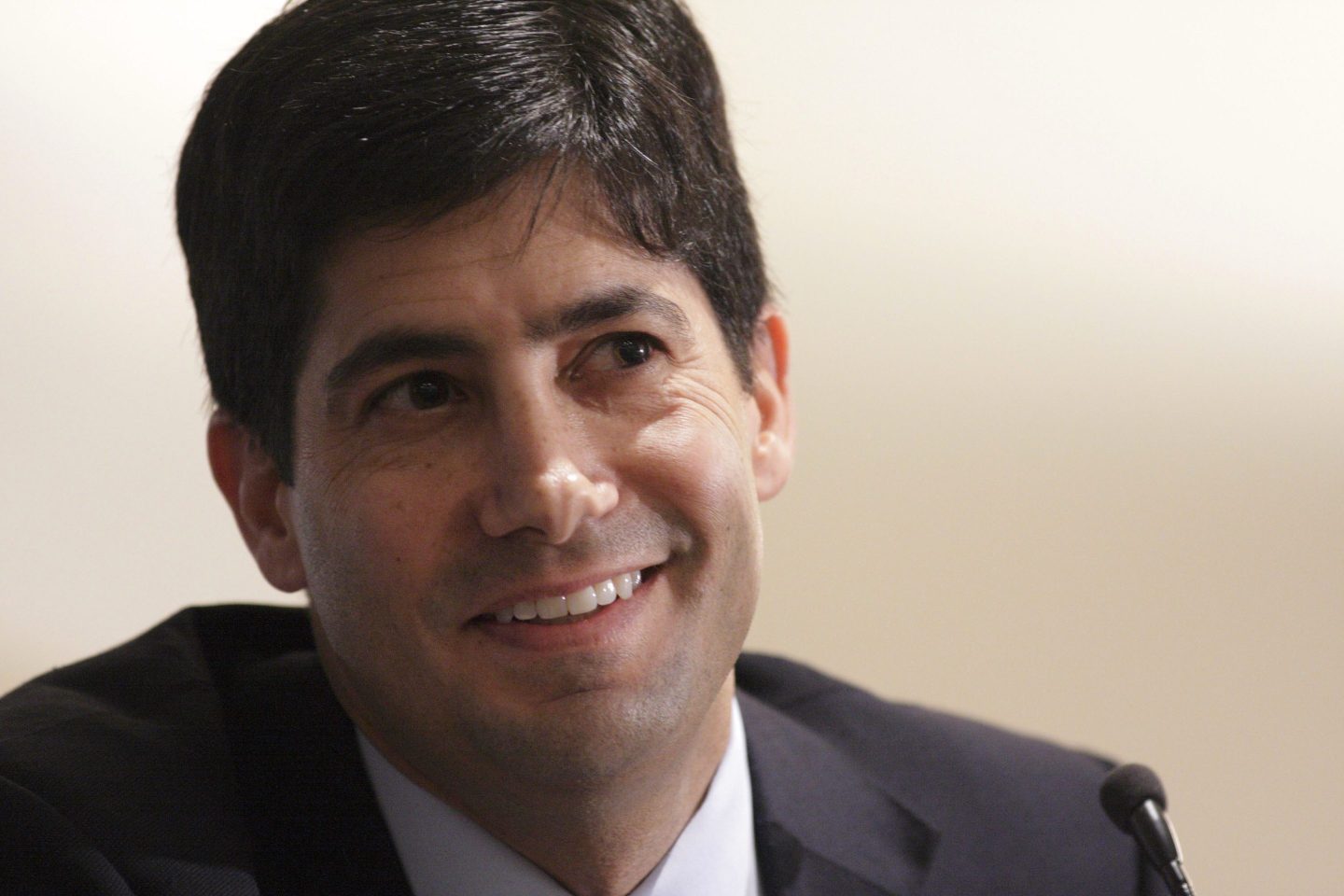President Donald Trump likes to say he’s bringing in trillions of dollars in investments from foreign countries, but a provision in his tax cuts bill could cause international companies to avoid expanding into the United States.
The House-passed version of the legislation would allow the federal government to impose taxes on foreign-parented companies and investors from countries judged as charging “unfair foreign taxes” on U.S. Companies.
Known as Section 899, the measure could cause companies to avoid investing in the the U.S. Out of concern they could face steep taxes. The fate of the measure rests with the Senate — setting off a debate about its prospects and impact.
A new analysis by the Global Business Alliance, a trade group representing international companies such as Toyota and Nestlé, estimates that the provision would cost the U.S. 360,000 jobs and $55 billion annually over 10 years in lost gross domestic product. The analysis estimates that the tax could cut a third off the economic growth anticipated from the overall tax cuts by Congress’ Joint Committee on Taxation.
“While proponents say this punitive tax hike is intended as a retaliatory measure against foreign governments, this report confirms that the real victims are American workers in states like North Carolina, South Carolina, Indiana, Tennessee and Texas,” said Jonathan Samford, president and CEO of the Global Business Alliance.
Republican Rep. Jason Smith of Missouri, chair of the House Ways and Means Committee, has defended the provision as protecting U.S. Interests by giving the president a tool that can be used against countries with tax codes that, in the federal government’s opinion, put American companies at a disadvantage.
“If these countries withdraw these taxes and decide to behave, we will have achieved our goal,” Smith said in a statement last week. “It’s just common sense. I urge my colleagues in the Senate to move quickly to pass this bill and protect Americans from economic bad actors around the world.”
House Republicans have been looking into the issue for a long time and the bill provides the flexibility so that a president doesn’t have to levy taxes. There were concerns among GOP lawmakers during Joe Biden’s presidency that an agreement among countries on corporate tax codes could cause foreign governments to charge U.S. Companies more.
The tax gets at a fundamental tension within Trump’s policy agenda: a contradiction in the broad strokes of Trump simultaneously trying to tax imports and foreign profits at higher rates while also seeking investments from companies headquartered abroad.
In late May, Trump defended his approach by saying that his tariffs were causing more countries to invest in the U.S. To avoid imports getting taxed. While some countries and companies have made announcements, there is not evidence of the investments pushing up spending on new factories as measured in the government’s monthly report on construction spending.
The Republican president said his tendency to impose steep tariffs, then retreat to lower rates, had succeeded.
“We have $14 trillion now invested, committed to investing,” Trump said then. “You know we have the hottest country anywhere in the world. I went to Saudi Arabia, the king told me, he said, you got the hottest — we have the hottest country in the world right now.”
The Global Business Alliance was among the groups that signed a letter on Monday warning of the consequences of Section 899 to Senate Majority Leader John Thune of South Dakota and Senate Finance Committee Chairman Mike Crapo of Idaho, both Republicans.
The Investment Company Institute, representing financial firms, said the provision “could limit foreign investment to the U.S. — a key driver of growth in American capital markets that ultimately benefits American families saving for their futures.”
The analysis performed by EY Quantitative Economics and Statistics notes there is a degree of uncertainty in how the taxes under Section 899 could be implemented and other countries would respond. But they could be charged against companies based in countries that tax digital services, as is the case in parts of Europe.
If the U.S. Judged the taxes unfair, there would be a 30% tax rate on foreign companies’ profits and income. People working in the U.S. For the companies who are not citizens could also be taxed, among other provisions. Still, an exemption is in place so that the foreign holders of U.S. Debt are not affected by the potential new taxes.
The possibility of the taxes and seemingly arbitrary nature by which they could be imposed is also a challenge, said Chye-Ching Huang, executive director of New York University’s Tax Law Center.
“Section 899 creates a game of political chicken with trade partners that risks harming businesses, consumers, and workers in the hopes of securing US multinationals the ability to shift more of their profits out of the US to tax havens,” Huang said in an email. “It’s a high-risk strategy that could expand the damage of the failed tariff war.”
There could also be political repercussions if key states in Trump’s political coalition from 2024 suffer layoffs or simply find job growth slowing. The Global Business Alliance finds job losses could amount to 44,200 in Florida, 27,700 in Pennsylvania, 24,500 in North Carolina and 23,500 in Michigan.











